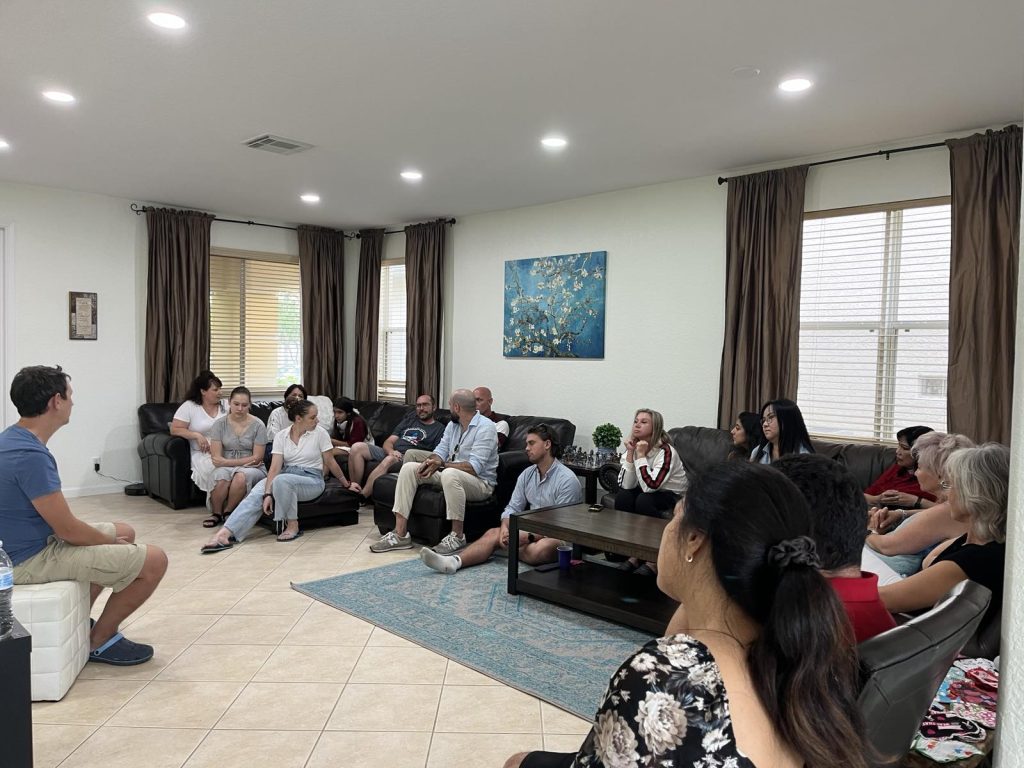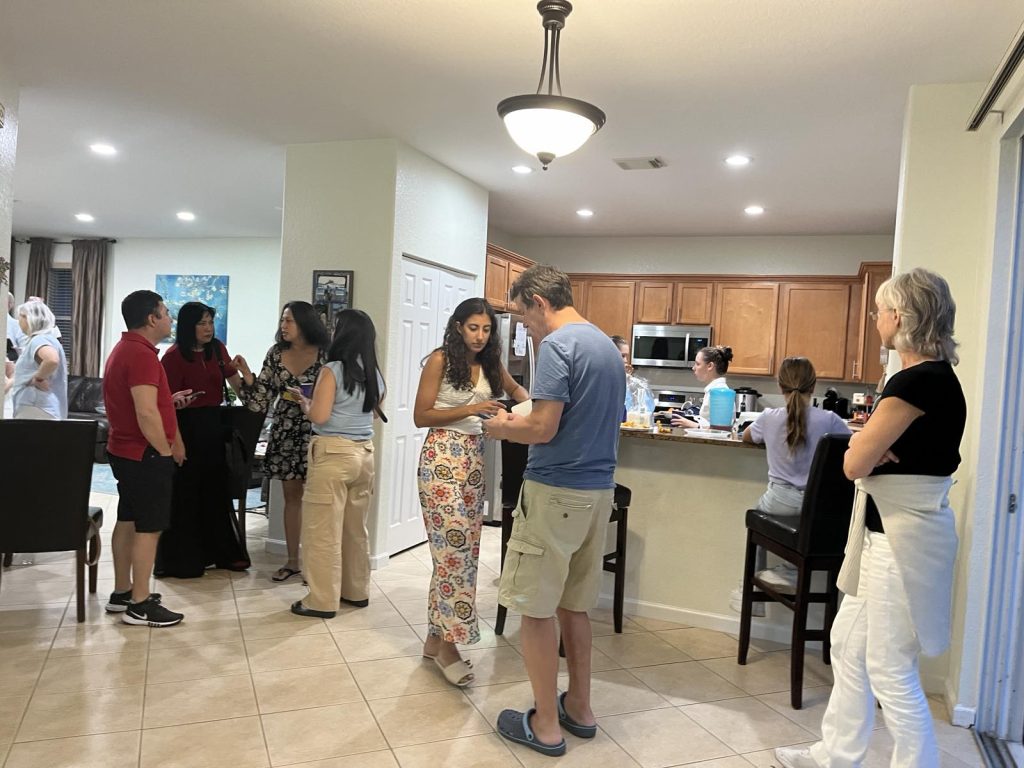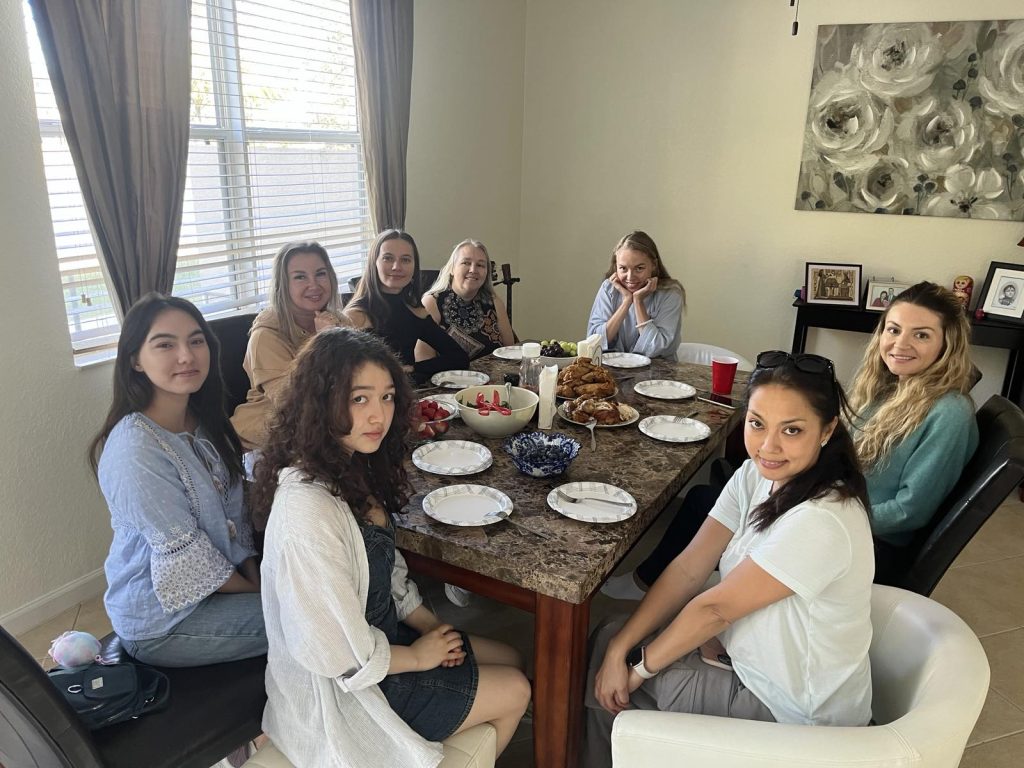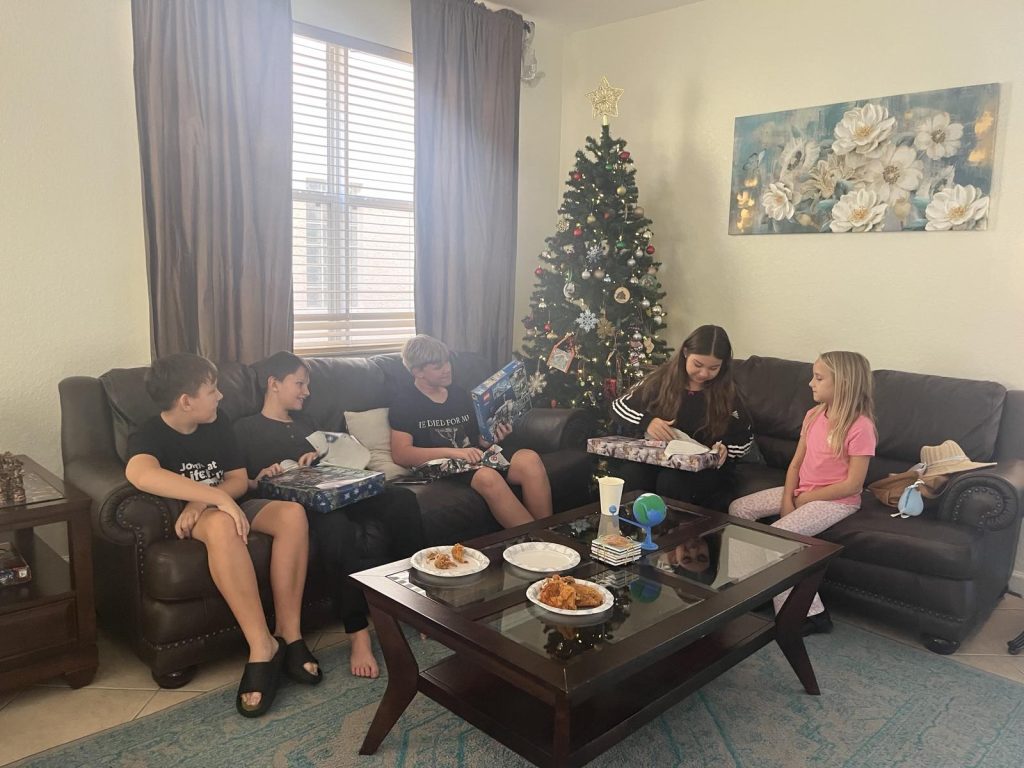by Sharon K. Williams
Shores of Hope, a Mosaic Partner in Ministry in West Palm Beach, Florida, ministers with Slavic refugees by supporting their immigration journey in the United States. Pavel and Marina Gailans are finding ways to introduce their new friends to Jesus.
“Most new immigrants will not come to a church service but will come to an informal, informational, family-oriented event at our house,” Pavel says. “As people get to know us and become our friends, they open their hearts and minds to good news and love of God, which will hopefully encourage them receive God’s salvation.”




This ministry, supported in part by a Missions Operational Grant, is reminiscent of Jesus’ lakeshore ministry with Gentiles in the region of Tyre and Sidon (Matthew 15:21–38). Most of Jesus’ teachings did not happen in a synagogue. His strategy involved going to the people. With just seven loaves of bread, a few fish, and prayer, Jesus brought healing, teaching, and nourishment to over 4,000 people in the region.
During the year, the Gailans host several gatherings in their home for up to 40 adults and children. The international group is predominantly Slavic, and they speak several languages. Everyone shares food of their national flavors, which is an incredible way of bonding new friendships. They gather in the living room to share updates on things that have happened since their last meeting. They welcome new people who have recently entered the United States. Many Ukrainian and Russian refugees are facing uncertainties. So every gathering is a great source of encouragement and inspiration.
Special occasions like birthdays are celebrated with gifts. The children also receive presents on special occasions. These community-building times of sharing are incredible moments to express appreciation for each person. Every gathering is a unique opportunity to share about the love of God.
The Gailans worship the Lord with other believers too. Pavel preaches at two churches every Sunday. Marina also meets with Slavic women and some children approximately three Sundays a month.
Meeting people where they are and addressing their needs with God’s love creates bonding and trust.

Sharon K. Williams
Sharon K. Williams serves as the minister of worship with the Nueva Vida Norristown (PA) New Life Mennonite congregation.
Mosaic values two-way communication and encourages our constituents to respond with feedback, questions, or encouragement. To share your thoughts or send a message to the author(s), contact us at communication@mosaicmennonites.org.


